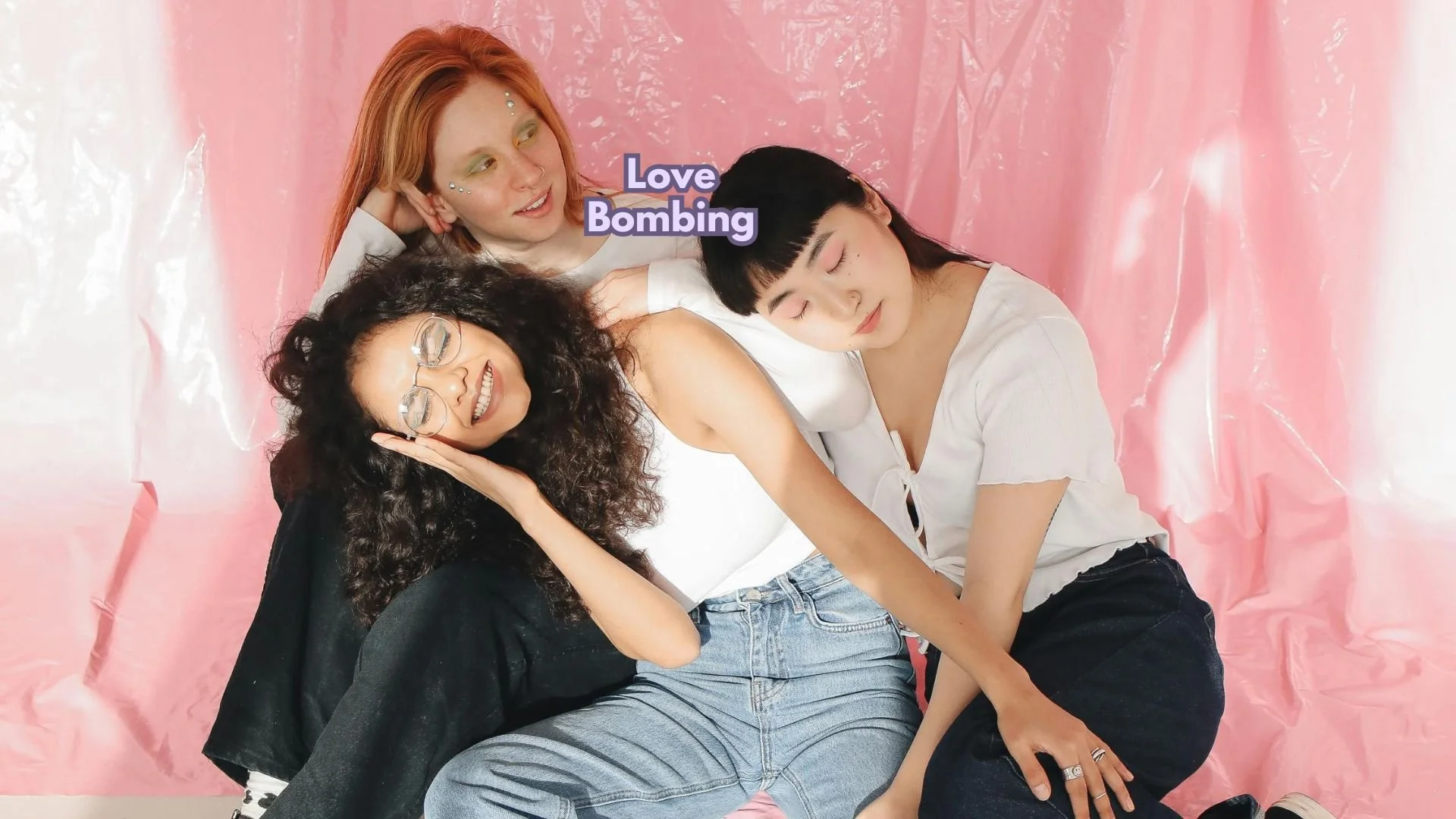IN THIS LESSON
The "Healthy Queen" is a positive energy that radiates in social circles and makes everyone feel better… but the "Toxic Queen" does the exact opposite. This chapter teaches you how to know the difference.
Love then Ditch Cycle: This is a manipulation tactic where the person [victim] is given affection by the Toxic Queen, until suddenly that attention is withdrawn. This creates interdependence with insecurity.
Underhanded Insults: They may come off as fun banter or maybe even “constructive critism” so you may confuse these insults for advice given by the Healthy Queen. But beware, these slowly destroy the victim's sense of self-esteem.
The Death Stare: A potent non-verbal message that isolates target; and asserts the social dominance of the "Toxic Queen.
Rumors and Manipulation: A "Toxic Queen" retains control through division by using the power of rumors and secrets to shatter the confidence among her peers. Understanding what leads to these behaviors provides the potential for developing healthier and more empathetic friendships that empower each other rather than compete with one another.
What is it?
In today's girl culture, calling someone a "queen" Can mean she's really cool, confident, and doing great in life. It's like giving a big thumbs up to a girl who's strong, does her own thing, and doesn't say sorry for being herself. She's like the boss, and we're all cheering her on. It's a way of saying, "You're awesome and inspiring!"
A toxic queen is when someone seems cool on the outside but actually brings a lot of drama and negativity. Even though they might appear confident, they're spreading bad vibes and making things messy. So, a toxic queen is not the kind of friend you'd want because they can be mean or make you feel not so great. It's all about recognizing that appearances can be deceiving, and even if someone looks all glam, it doesn't mean they're good for your squad. It's better to keep it positive with friends who lift you up!
How Does the Toxic Queen Act?
How the “Toxic Queen Bullies
1 - The ‘You’re Special, Wait Nevermind/ Basically the LOVE then DITCH: She may be your Bestie for a day or two or three. She’ll let you sit next to her, invite you to her house for lunch and sleepovers, but the next day, she’ll have found someone else and you’ll be wondering what happened. You know that feeling? At the pit of your stomach, something is not right. You feel like you did something wrong. But if you ask what happened, she’ll make you feel even worse: “You’re crazy, I’m not ignoring you.” She’ll make you question yourself and your own ideas of what is happening. There is something super crazy going on here because as soon as she pays attention to you again, you go rushing right back into her arms.
2 - Calling you names: This is obvious: she will make you feel horrible by calling you, often under her breath so you’re not so sure she actually said it, things like ‘gross’/‘weird’/‘loser’/’etc’. And you….Well I mean… it’s true, isn’t it? That’s what you might think after you hear these words repeatedly. What if I really am weird?
3 - The death stare also known as “stank eye’ or ‘rubbernecking’: “The badge you have officially become a target of a mean girl or one of her ladies in waiting: The death stare. You know that look. It’s full of mean words, even if none are spoken. That stare follows you. It is a glare, a snare, a snarl...also known as RUBBER NECKING… usually followed by a giggle, so for sure the mean girl and her court of perfect beings are targeting you.” You know that stare…it feels like: how dare you be alive and in my space. I love making fun of you.”
How It Comes Across
Qualities of a Toxic Friend (#frenemy grrr)
-
They only think about themselves and don't care about your feelings or needs.
-
They get upset when good things happen to you and may try to bring you down.
-
They don't cheer you on or encourage you; instead, they might criticize or belittle you.
-
They spread rumors or talk behind your back, causing drama.
-
They want to control everything and may not let you make your own choices.
-
They never say sorry or take responsibility for hurting your feelings.
-
They act differently when others are around and might not truly be your friend.
-
They focus on the bad things and bring a gloomy atmosphere.
-
They might try to make you do things you're not comfortable with.
-
You can't rely on them to keep your secrets, and they may betray your trust.
Remember, a good friend supports and cares about you. If you notice these signs, it might be a good idea to talk to someone you trust, like a parent or teacher, about it.
FACT

















